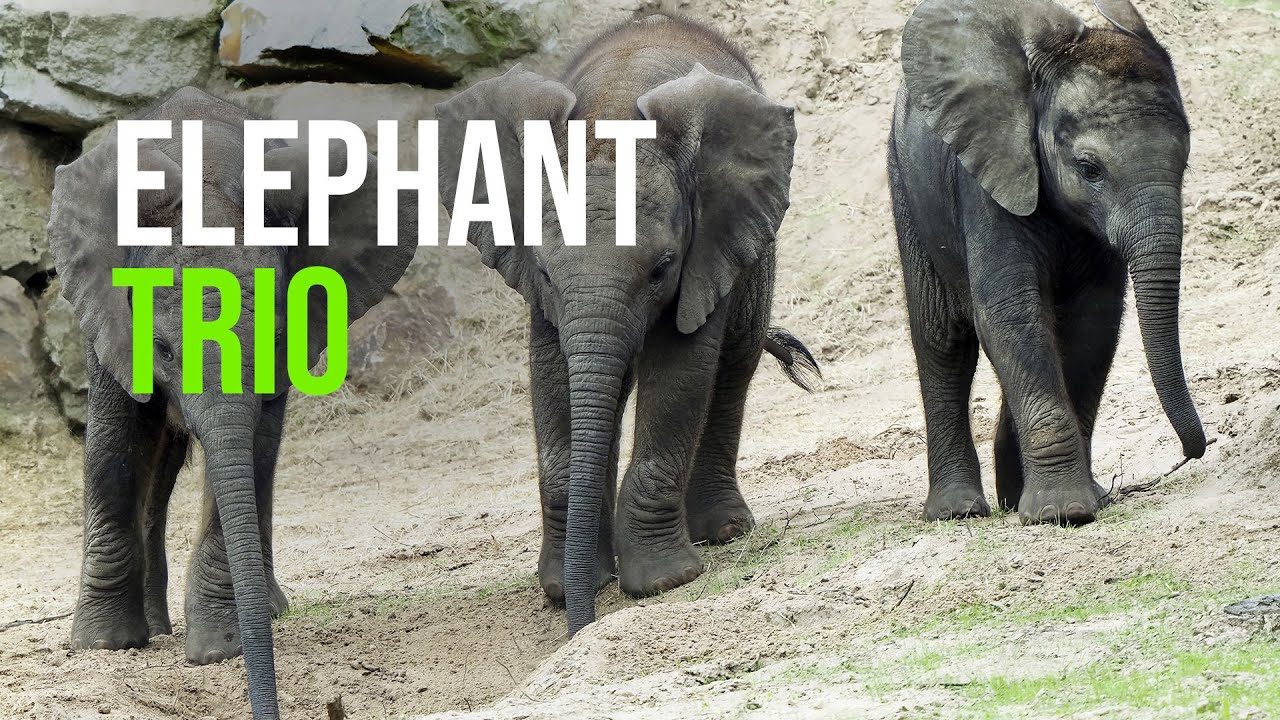– The significance of Elephant Valley in Beekse Bergen as a model for innovative zoo habitat design and management
– The exploration behavior of young elephants in new environments and its importance for cognitive and physical development
– Conservation efforts within zoos and their role in global wildlife preservation
– The impact of carefully crafted zoo exhibits on public education and awareness of wildlife conservation issues
Zoos have long served as a bridge between humans and the animal kingdom, offering unique insights into the lives of creatures worldwide. Beekse Bergen’s Elephant Valley marks a significant stride in zoo habitat design, emphasizing an environment that closely mirrors the natural habitats of its inhabitants. This approach benefits the animals and enhances the educational experience for visitors.
Observing young elephants as they explore the Beekse Bergen Elephant Valley for the first time provides valuable data on elephant behavior and well-being. Elephants, known for their intelligence and complex social structures, require stimulating environments that cater to their physical and mental needs. Their exploration of new environments, such as Elephant Valley, mirrors how young wild elephants would learn and interact with their surroundings. This process is crucial for their cognitive development and helps build their navigational and social skills, which are vital for survival.
Contemporary zoos’ role extends beyond the mere display of animals for public viewing. Conservation is at the forefront of their mission, with many zoos participating in breeding programs aimed at preserving endangered species. Elephant Valley is not only a home for elephants but also serves as a conservation hub where these magnificent creatures are protected while raising awareness about the threats they face in the wild. Through such efforts, zoos contribute to global conservation initiatives and foster a culture of care and respect towards wildlife.
Moreover, the design and management of exhibits like Elephant Valley play a crucial role in educating the public about the importance of wildlife conservation. By creating immersive and interactive experiences, zoos can engage visitors emotionally and intellectually, motivating them to advocate for conservation efforts. With its focus on replicating natural habitats, Elephant Valley offers visitors a glimpse into the lives of elephants in the wild, highlighting the challenges they face and the importance of sustaining their natural environments.
In summary, introducing young elephants to Beekse Bergen’s Elephant Valley embodies the evolution of zoo management and conservation efforts, highlighting the balance between education, conservation, and animal welfare. As these young elephants explore their new home, they adapt and thrive in an environment designed for their well-being and serve as ambassadors for their species, educating and inspiring visitors about the importance of conservation. Through such initiatives, zoos across the globe contribute significantly to the preservation of endangered species and the education of the public, ensuring a future where both humans and wildlife can flourish.
*****
Source Description
Hilvarenbeek, NL, May 14, 2024 – The three young elephants at Beekse Bergen @Beekse-Bergen have explored the Elephant …


